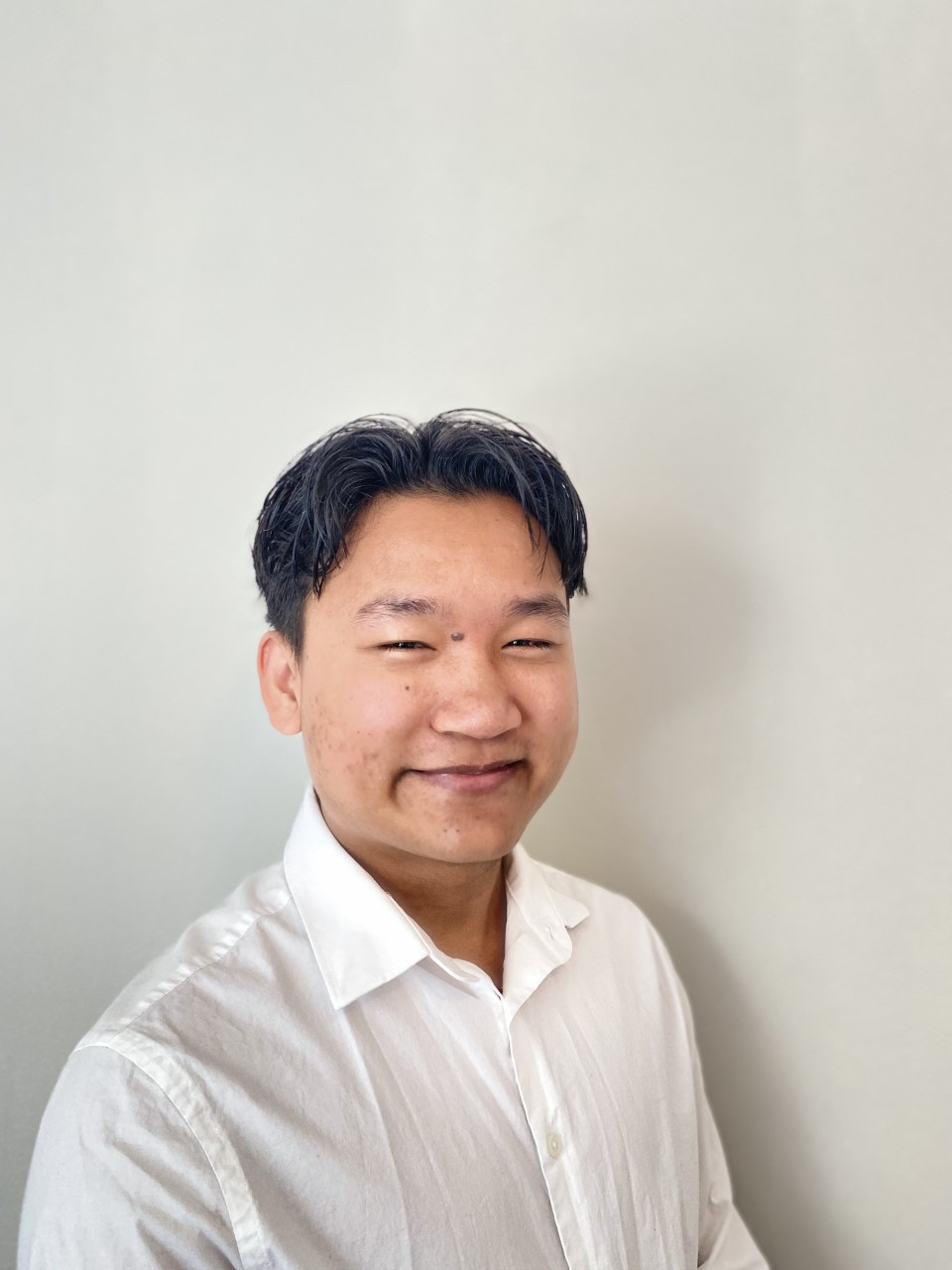How Electronic Access to Health Information Impacts Caregiving in Burmese Communities

Background
During the 2023 spring semester of my Community Health degree at Indiana University School of Public Health, I had an opportunity to intern with Primary Record to gain an understanding of the exchange of health information to support a healthy community. Primary Record’s mission is to simplify health information for families. It allows families to connect to health information in portals and with each other through their mobile devices. I was interested in the problem Primary Record is solving for families because of my personal experience as a first-generation immigrant from Myanmar. Primary Record’s co-founder, Jean Ross, encouraged and guided my project to focus on the impact of such a technology solution for the Burmese community in Indiana.
Lack of Research Focused on Health Literacy of the Burmese Population
During my literature review of the challenges faced by the Burmese community around caregiving and health literacy, I found a significant research gap addressing the unique experiences of this demographic. There is a lack of data concerning translation issues, the development of translation services in healthcare, and the state of health literacy among the Burmese community. One study investigated the Burmese community’s attitude toward Western medicine. Their results showed that most of their participants responded positively toward Western medicine but noted a lack of translation services in community pharmacies (Ryder, Chinpar, & Kercood, 2022).
This research is one of a few calling for improved health literacy for growing immigration populations like the Burmese community in Indianapolis. Given the lack of research, I relied heavily on personal experience and peers’ experiences in the Burmese community to inform my project of the problems and probable future interventions.
The Experience of Burmese Caregivers
For my project, I surveyed four peers to understand their role in organizing and understanding health information for their families. A questionnaire was designed to understand the experience families have with health information and what types of resources are used, such as patient portals. My participants are peers who are in their 20s and have grown up translating for family and friends in their community. All my participants have been responsible for a family member for over five years. Many participants are first-generation immigrants from Myanmar who are new to the United States healthcare system.
The results of my survey indicated all participants have more than three members in their family who depend on them for their health and care, with two indicating they help more than five family members. Each participant has been in this role for five or more years, and the majority share this responsibility with three or more family members. They also stated they have other family members who do not reside in their immediate home but still rely on them for help with their health.
What was surprising was how my peers responded to the questions about organizing their health information and supporting their family member’s health. Half use their phone to jot notes and lists, and the other half stated they have no system because they rely on doctors and the emergency rooms to have all their records. When asked if they have a patient portal for families, three out of four have established at least one portal. Those who did not have a portal stated they were unsure if they needed one.
All participants shared they make and attend appointments with family, complete medical forms, translate health documents, take notes, and assist or manage the medications for a family member.
Conclusion
I am also a first-generation immigrant who has attended my parents’ medical appointments since I learned to speak English. My biggest issue was not knowing everything about my family’s appointments or health issues before I went to these appointments. I felt unprepared, and this caused even more miscommunications between me, my parents, and the doctors.
With Primary Record’s mobile application, immigrants like me who care for and translate medical information can manage their family’s health information in one secure place. I can take notes and share them with my sibling and parents, so we all can stay engaged and be prepared for our interactions with medical professionals. My family is doing this from a notebook they keep in their bedroom. I am hopeful of the possibility technology solutions can have on immigrant families like mine.

Seven Ways Families are Defined: Unpacking Primary Record’s Family-Centered Approach
Why is defining family important? For some, stepping in to help another family member or friend with their health has unanticipated challenges due to privacy laws that healthcare organizations must comply. When Primary Record began to tackle how to simplify…

Streamline Family Health Information Access with Patient Portals and Primary Record: A How to Guide
Setting up a patient portal with your doctor or hospital is a great way to get and securely provide health information for yourself or a family member. Due to changing legislation, many mobile applications, like Primary Record, are emerging, allowing…
Feeling Prepared to Help







